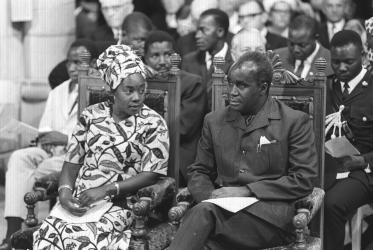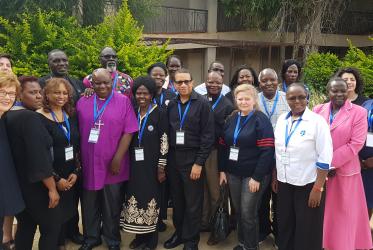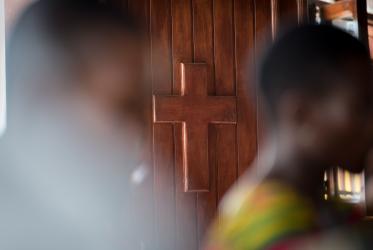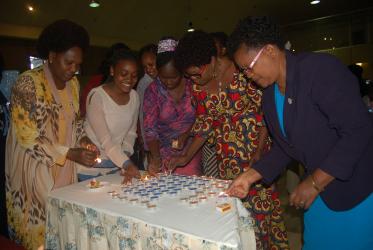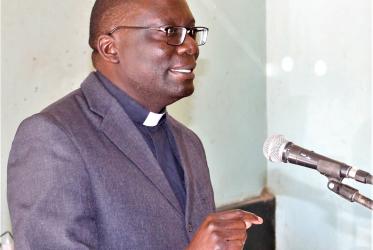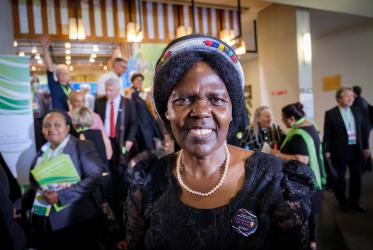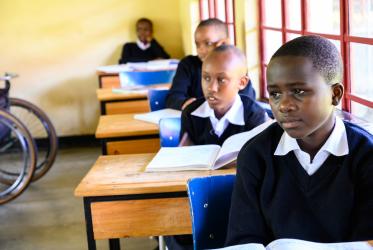Displaying 1 - 20 of 55
Prayers lift up peaceful elections in Zambia
03 August 2021
Listening together to the pain of violent spaces
28 February 2020
Young Africans are eager to grapple with challenges
09 January 2020
Rev. Damon Mkandawire: “A man is a gender justice champion”
03 October 2019
Kenya schools invest in young people to end new HIV infections
18 September 2019
Council of Churches in Zambia: “Involve the people in the process”
09 September 2019
Dr Agnes Abuom: “Enough is enough”
05 September 2019
Mission and people with disabilities
26 June 2019


